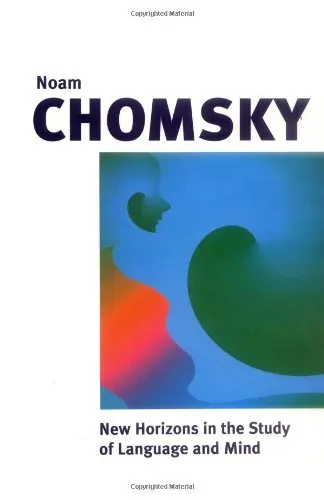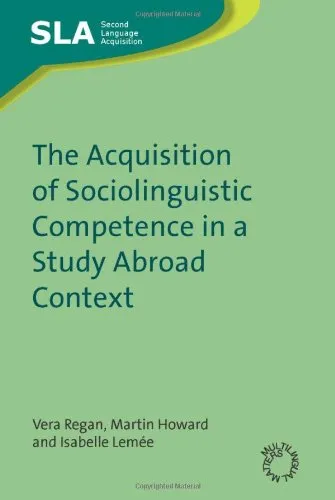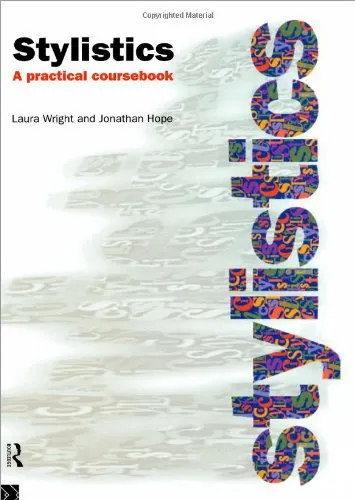New Horizons in the Study of Language and the Mind
4.6
Reviews from our users

You Can Ask your questions from this book's AI after Login
Each download or ask from book AI costs 2 points. To earn more free points, please visit the Points Guide Page and complete some valuable actions.Related Refrences:
This is a nativist argument... fine. But it's the same nativist argument said different ways. There was so much repeat in this book I feel that an easy third of it could have been omitted. Also, there's no introduction or abstract before each essential lecture, so you're forced to read the whole thing, not knowing where you can skip around. To top it all off, the book doesn't even try to mesh together the lectures to form some sort of general context or picture Chomsky is trying to make about language - what do these lectures lead to? In that sense, the reader not only try to comprehend what's being said, but also put together a puzzle - I felt like I was solving a mystery.
The book addresses a very broad debate in linguistics (how much is nature, how much is nurture?), but took very specific approaches to the solution. Which may be good. Surely, that means that the author is delving into exploration past the superficial. But, within these very specific explanations (some of which I have no expertise in) I felt that plays on words were being made to explain semantic idiosyncracies and things that are only odd to the paranoid schizophrenic. This isn't meticulous investigation, it's cherry-picking unique instances of curious happenstances. Chomsky's hypothesis has its cake and eats it, too, content enough to leave itself in a position where it can't be disproven. You can't prove it right, but you can't disprove it - another spaghetti monster instance (hopefully someone got that reference).
At least his discussion of tree-structures being epiphenomenal was good.
Free Direct Download
You Can Download this book after Login
Accessing books through legal platforms and public libraries not only supports the rights of authors and publishers but also contributes to the sustainability of reading culture. Before downloading, please take a moment to consider these options.
Find this book on other platforms:
WorldCat helps you find books in libraries worldwide.
See ratings, reviews, and discussions on Goodreads.
Find and buy rare or used books on AbeBooks.
1245
بازدید4.6
امتیاز0
نظر98%
رضایتReviews:
4.6
Based on 0 users review
Questions & Answers
Ask questions about this book or help others by answering
Please login to ask a question
No questions yet. Be the first to ask!














